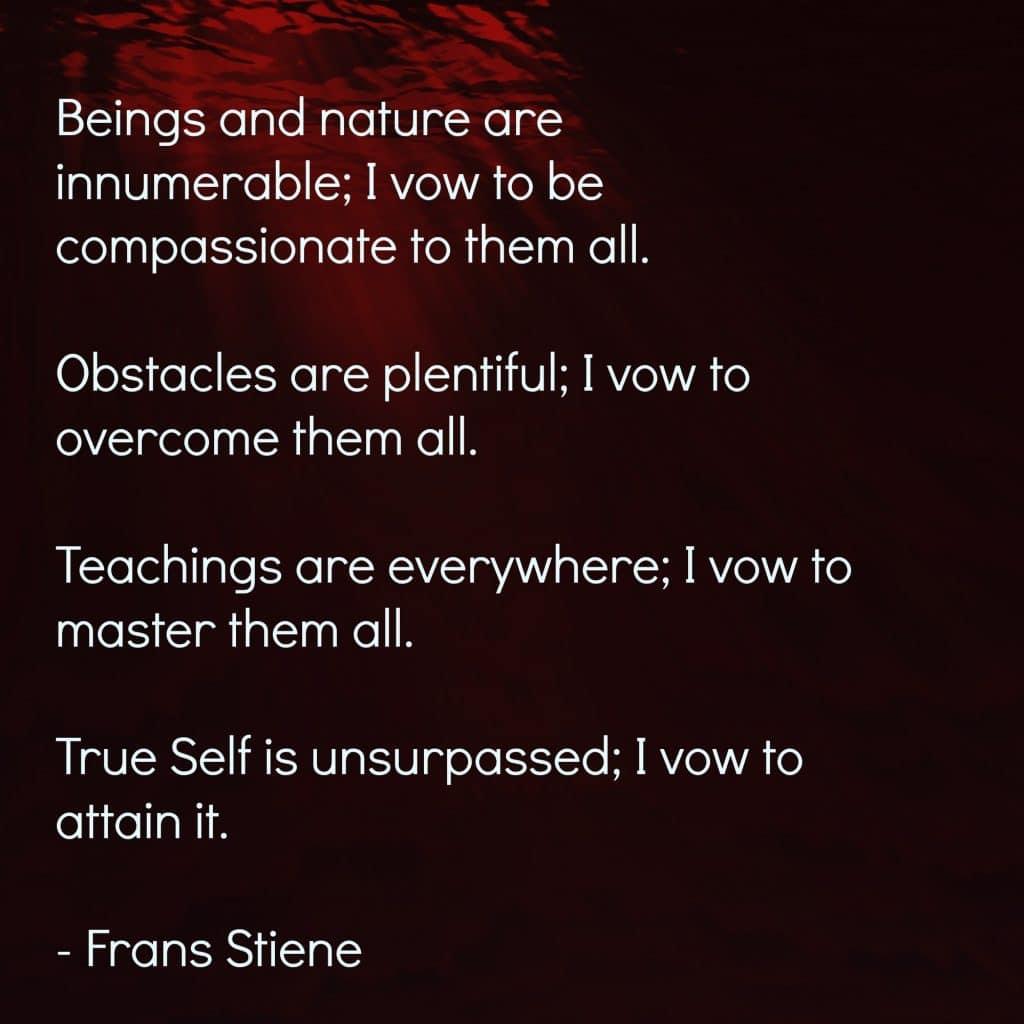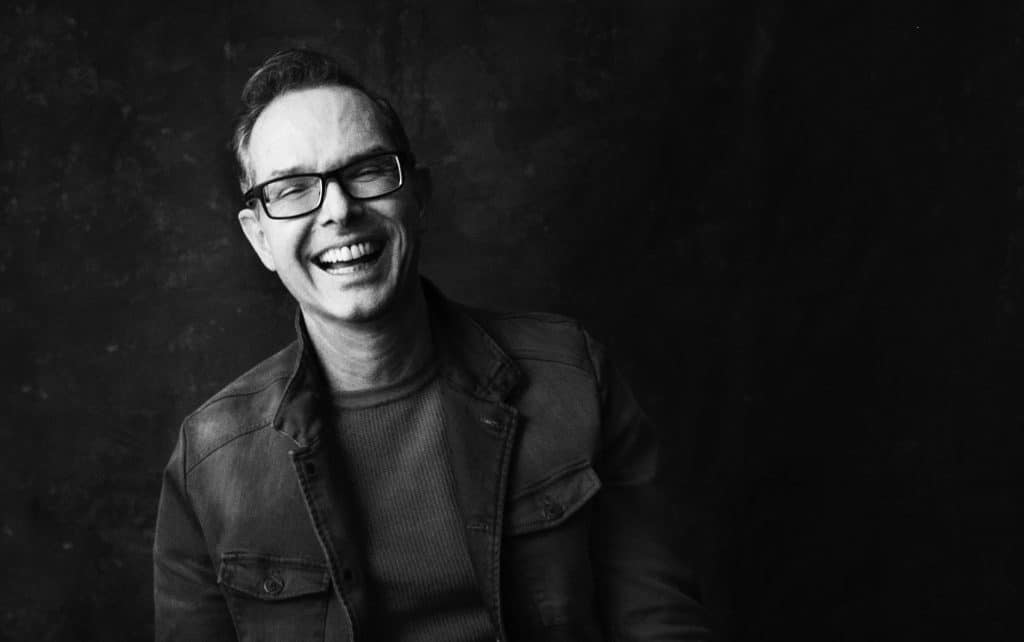
Do not anger
Do not worry
Be grateful
Practice diligently
Show compassion to yourself and others
Within Japanese Buddhism there are three main precepts, which encompass all other precepts that you can find within Japanese Buddhism. We can see that Mikao Usui, the founder of the system of Reiki, based his five precepts on these three main precepts.
Let’s investigate how the precepts within the system of Reiki fall underneath these three main Japanese Buddhist precepts.
1 – sho ritsu kai – cease to do bad actions
Within Usui’s precepts, the “bad actions” are to cease are being angry and worried. It is simple yet so hard to do as we are so caught up in all our attachments that we can find it very difficult to cease our anger and worry.
2 – sho jen bo kai – do good actions
Usui’s precepts show us four steps related to doing good actions. The first is the good actions we do so that others do not get angry and worried. We often may think that the precepts only point to ourselves not getting angry and worried, but in performing these healthy actions, we help others to not get angry and worried. The second step is being grateful in our lives. In the good action of being grateful, we cease to do bad actions; gratefulness helps us to accept things as they are and to stop getting angry and worried. This of course only can happen when we practice diligently, which is the third step. And the fourth step is the action of being compassionate to ourselves.
But, you may ask, what about being compassionate to others? This falls under the third main precept…
3 – sho shu jo kai – the action of helping others
Helping others is by being compassionate to others. But what does being compassionate to others really mean, what does helping others really mean? We can say it means to help the old lady with her shopping bag, or offering a hands-on healing session to someone. But that is the basic level of being compassionate. A deeper level of being compassionate is the action of helping others to remember their own True Self. If we help others to remember their own True Self, they will cease to do bad actions, will perform good actions, and will help others to remember their True Self. Now the ripple effect of the three actions will spread around the world.
However, helping others, within both the Reiki precepts and the Buddhist precepts, comes last because if we help others and we still have lot of anger and worry within ourselves, then we are not really helping others at all.
Being a Buddhist practitioner himself, is not surprising that Mikao Usui based his precepts around all of this. Just as each precept within each system is deeply interrelated to the others, the three precepts and the five precepts also are interrelated. Simple yet complex. Clear yet multi-layered.
As you can see there are many things to discover within Mikao Usui’s teachings. And by following these three actions – cease to do bad; do good; help others – we start to embody the system of Reiki more and more in our daily lives. This in turn will create a more compassionate world.
Based in Holland, Frans Stiene teaches in North America, Europe, UK, Australia and Asia.
Frans is also the author of Reiki Insights, it is the continuation of his previous book The Inner Heart of Reiki, taking your personal practice and understanding of the system of Reiki yet another step deeper.


Comments 3
Thank you
Thanks Martina.
Thank you Frans,
So helpful. Yes we can only help others to find their true self if we have hold onto ourselves , like on worry etc.
So important if I am teaching a spiritual practice.